Let’s never forget what happened on November 9
Now that the last witnesses are dying, the memory of the extermination of the Jews is paramount. Anita Winter explains her personal approach to the anniversary of Kristallnacht, the Night of Broken Glass.
Kristallnacht – what a creation of a word. Broken windows become sparkling stones that glitter in the night. Reichskristallnacht. What a masterpiece of propaganda. In the collective memory of the National Socialists, the night of November 9, 1938, was to be associated with something beautiful, something to be celebrated.
My father was a witness
In fact, many people were in an exuberant mood at the time. When my father walked alone through the streets of Berlin on the morning of November 10, 1938, he saw not only the destruction of the previous night, but also how the SA soldiers (from the Nazi paramilitary wing), women and men, young people and children continued to rage happily. No one intervened.
My father was 16 years old when he understood that being a Jew meant that he had to leave Germany as soon as possible. Because the broken glass scattered everywhere could only be a harbinger of much worse things to come.
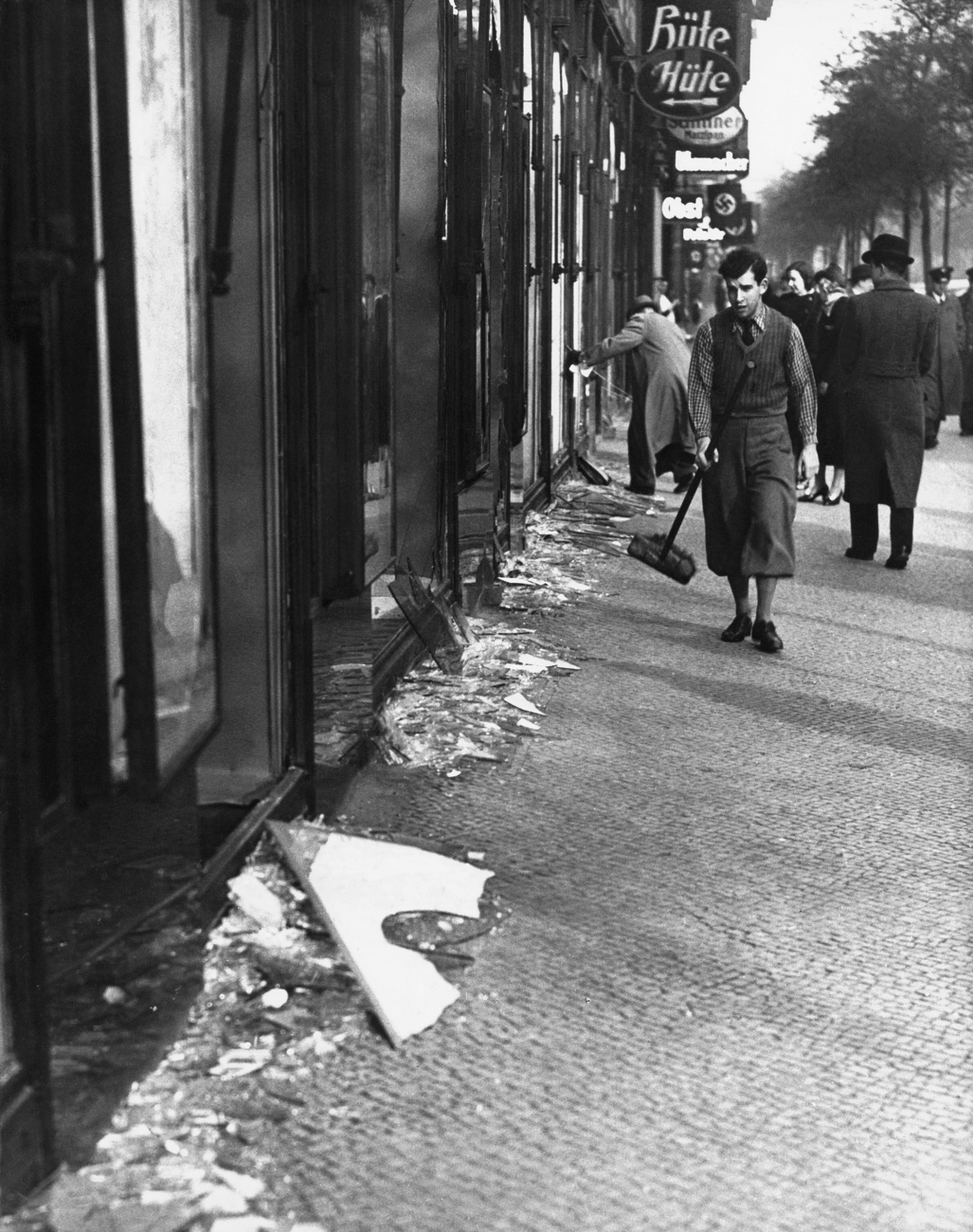
How right he was – that night was the first step on the path to the Final Solution. What he had seen with his own eyes in Berlin had happened all over Germany. Everywhere the SA had destroyed and looted Jewish shops, burned down synagogues, abused Jews, murdered hundreds and deported thousands to concentration camps.
The last witnesses of the Shoah
My father, Walter Strauss, used to tell me, my siblings and his grandchildren, even at a very old age, again and again about that night, this orchestrated outbreak of violence. But he would also talk about the period that preceded it, when the Jews had been increasingly marginalised.
Even the Iron Cross, which his father had been awarded during the First World War, was of no help to the family. Jewish families were integrated in society but found themselves outside of it within a very short time.
Back then my father was still a pupil in Heilbronn but he was not allowed to study for the only reason that he was a Jew. And so he came alone to Berlin to do an apprenticeship with a tailor. Here, he witnessed the night of November 9, 1938 – alone, hidden behind a cupboard, filled with fear and horror. From here he fled alone via detours to Switzerland. Only because of this he escaped the Shoah.
After the Second World War, many believed that the Holocaust – the murder of six million Jews – would mean the end of anti-Semitism. My father was much more pessimistic. He did not believe that people had really learned from this break in civilisation.
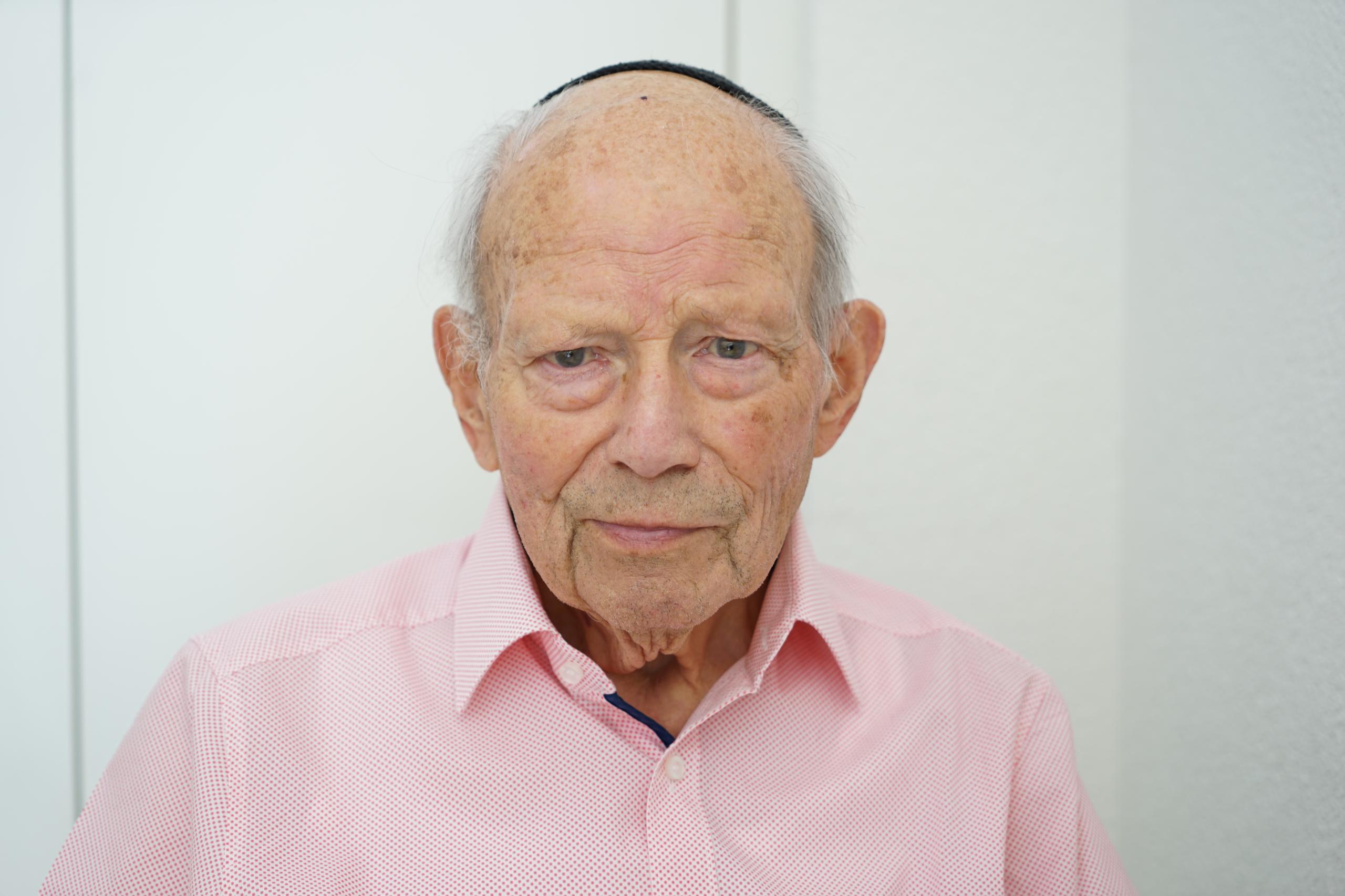
In his old age he witnessed anti-Semitism flaring up again. That is how he, my beloved father, Walter Strauss, died – warning us, the next generation. And that is also how the remaining witnesses of the Holocaust will die.
Memory against forgetting
Reichskristallnacht – the crystals stand for the cynical cold and the frosty ice in which the faces of all those who have participated or remained silent are reflected.
Reichskristallnacht – Reichspogromnacht, the Night of the Pogrom. What we ultimately call this night is irrelevant, as long as we understand what happened that night: that the broken glass was only the prelude to extermination. Today we know it and we can fight it, as long as we keep the memory of November 9 alive. It is about the importance of never forgetting, never remaining silent, and never being indifferent.

In compliance with the JTI standards
More: SWI swissinfo.ch certified by the Journalism Trust Initiative
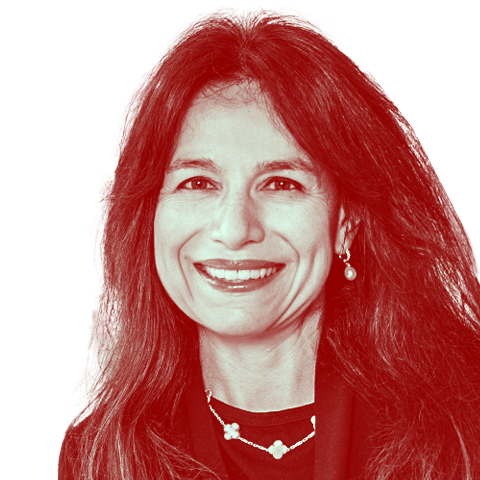
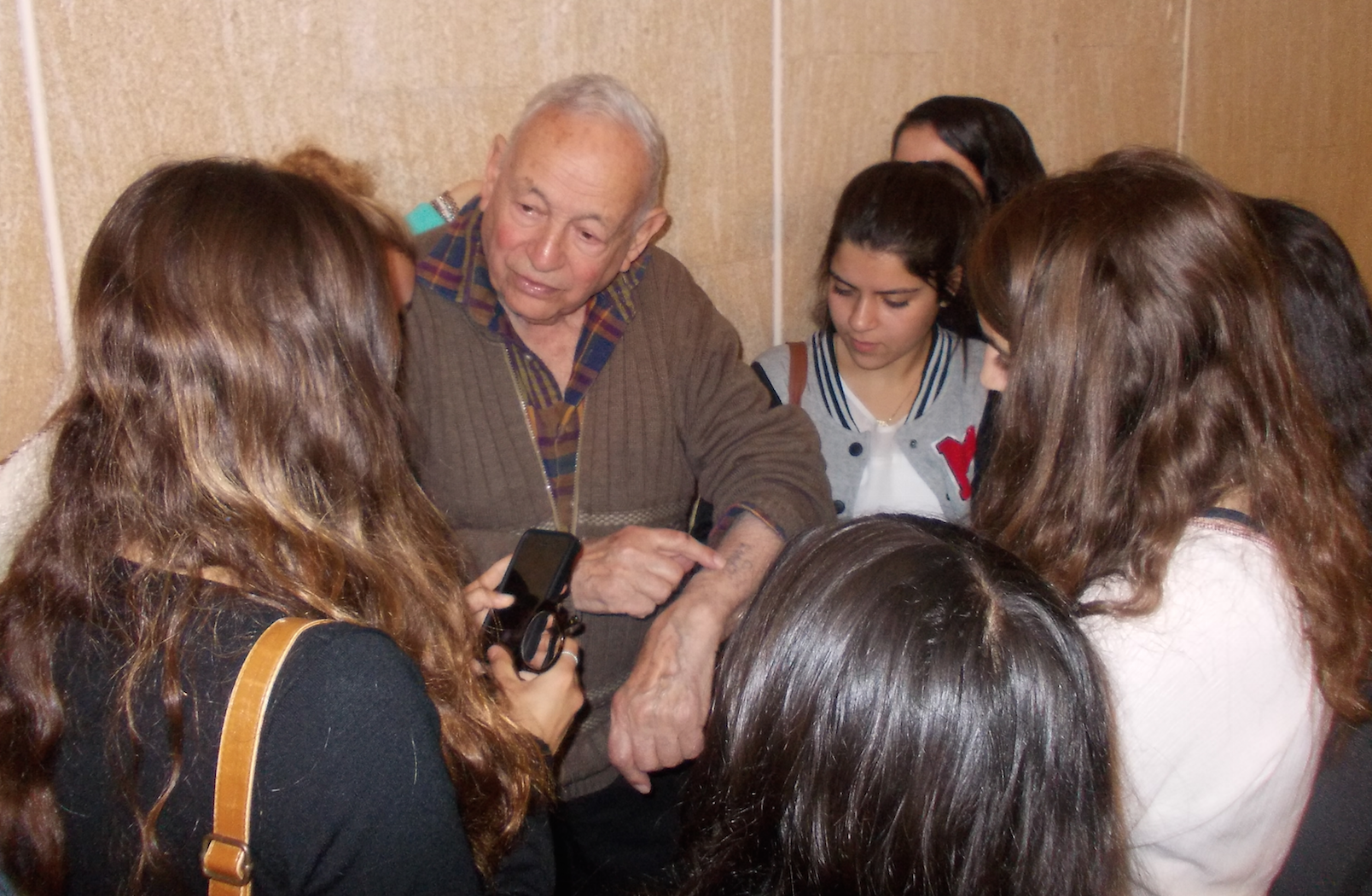
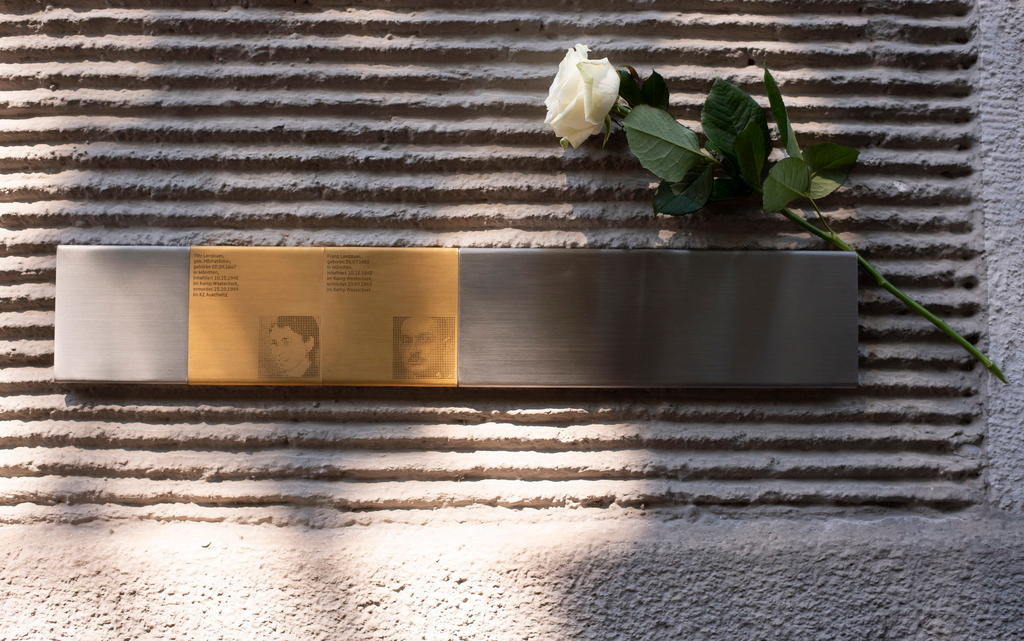
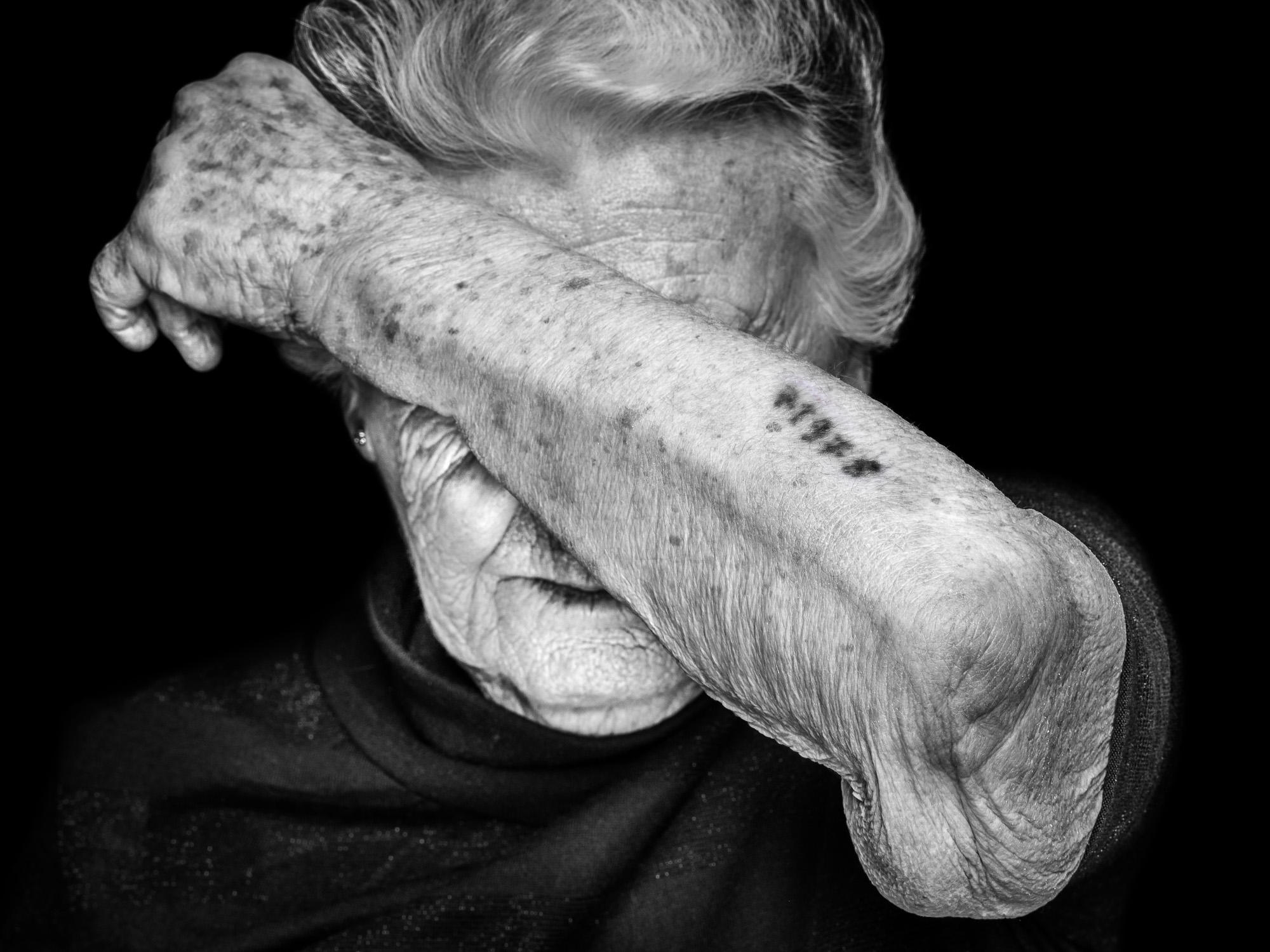
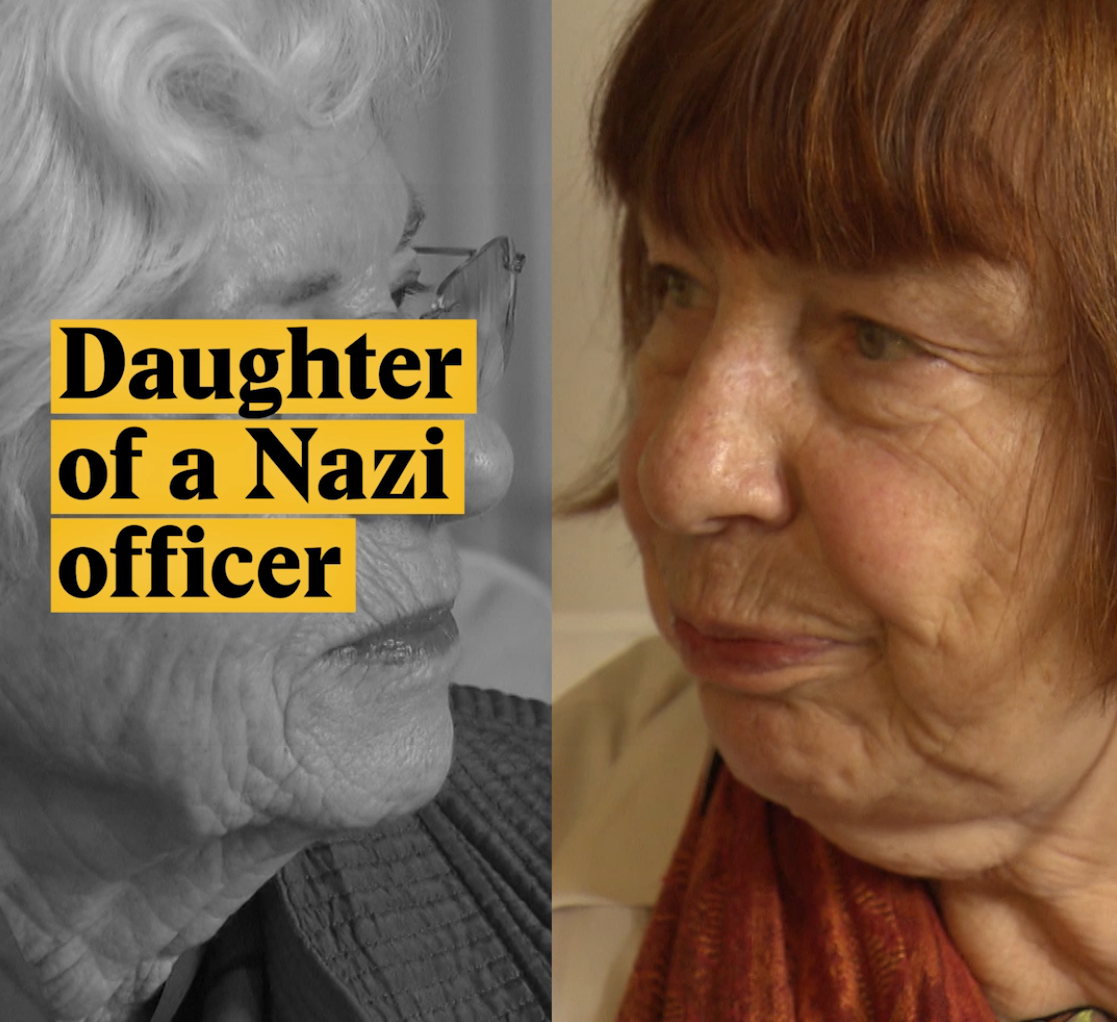
You can find an overview of ongoing debates with our journalists here. Please join us!
If you want to start a conversation about a topic raised in this article or want to report factual errors, email us at english@swissinfo.ch.